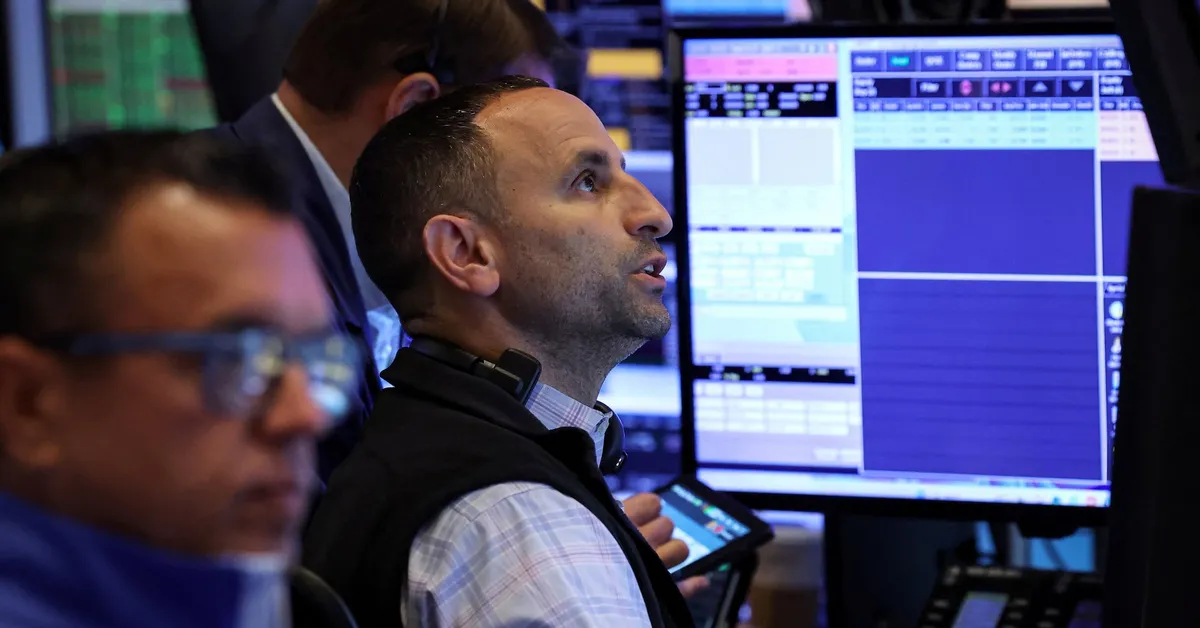
Anxieties surrounding long-term bonds continue to unsettle both U.S. and global markets as we move through September. On Wednesday, the yield on the 30-year government bond skyrocketed in major economies, including Japan, Europe, and the United States. Notably, the U.S. long bond reached 5% for the first time since mid-July, signaling significant concerns about rising public debt, the European budget season, and the independence of the Federal Reserve.
Several factors are at play, including the upcoming U.S. jobs numbers and potential battles over the debt ceiling, which have collectively impacted the bond market. Wall Street also faced challenges, with the S&P 500 dropping 0.7%. However, futures showed signs of recovery on Wednesday morning, primarily driven by a 6% surge in shares of Alphabet, Google's parent company. This surge followed a favorable ruling from a federal judge in a pivotal antitrust case concerning the Chrome browser, which spared the company from a forced breakup.
In recent developments, Japan's 30-year government bond yield reached a record high, while Germany's 30-year bonds hit a 14-year peak. Additionally, French 30-year debt hovered near 17-year highs, and Britain's 30-year gilt reached its highest level since 1998. Financial analysts at Societe Generale project that European bond issuance could exceed 100 billion euros this month and next, further complicating the market landscape.
In the UK, finance minister Rachel Reeves announced that she would present her annual budget on November 26, emphasizing the need for strict control over public spending. The bond market experienced a rally later in the day, attributed to a decline in crude oil prices. Reports indicated that OPEC would consider another output hike over the weekend, adding to the overall market dynamics.
Gold prices continue to soar, breaking records above $3,500, as ongoing geopolitical tensions and long-term inflation concerns disturb the debt market. During a military parade in Beijing, Chinese President Xi Jinping asserted that the world faces a choice between peace and war, joined by prominent figures like Russia's Vladimir Putin and North Korea's Kim Jong Un. This unprecedented show of force is contributing to global uncertainties.
Meanwhile, the dollar has retreated from its recent highs against the euro, yen, and sterling. Market participants are preparing for Friday's critical August U.S. jobs release, which will be preceded by today's July job openings data.
Alphabet's post-market surge following the Chrome antitrust ruling has significantly influenced stock movements. Investors reacted positively to the ruling, which allows Google to maintain its lucrative payments to Apple, a decision that has been criticized by antitrust enforcers for stifling competition. Consequently, Apple shares rose 3% in after-hours trading.
In contrast, shares of Kraft Heinz plummeted 7% after the company announced its decision to split into two entities—one focused on groceries and the other on sauces and spreads. This restructuring comes as the food sector appears to be in flux, with PepsiCo shares increasing by 1% following the revelation of a $4 billion stake by Elliott Management in the beverage company.
As we look ahead, several events are pivotal for market participants. The U.S. will release July JOLTS job openings data and July factory goods orders at 10:00 AM EDT, while Canada will report Q2 labor productivity. Later in the day, the Federal Reserve will publish its Beige Book on economic conditions, and key Fed officials are scheduled to speak.
In summary, the current state of the markets is characterized by rising long-term bond yields and significant corporate developments. Investors are advised to stay informed about these trends as they unfold and to prepare for potential volatility as September historically poses challenges for U.S. stocks.